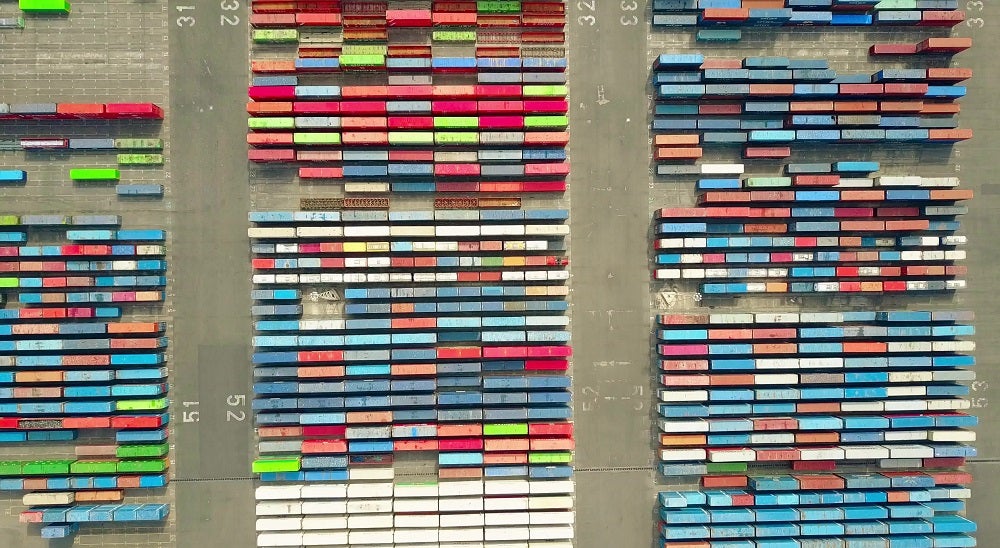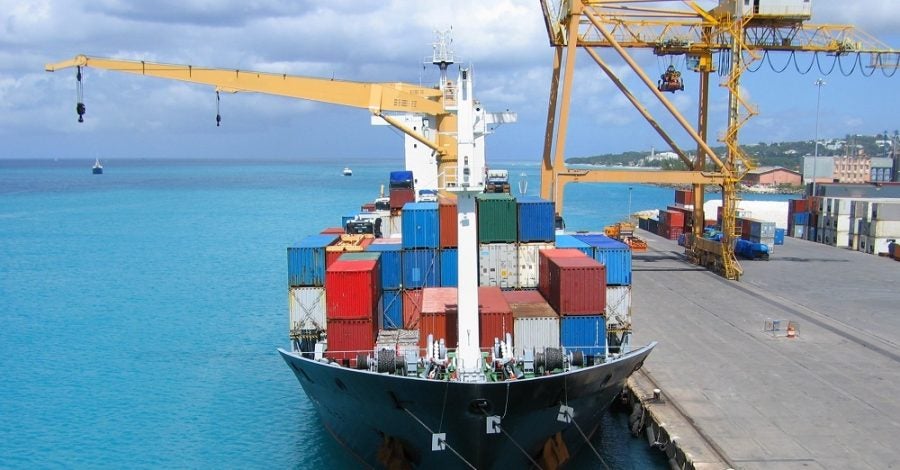One of the problems associated with pandemics, like COVID-19, is that as individuals rush to hospitals, the national health care system can get overloaded beyond its capacity to treat people. A potential way to reduce the strain on the system is through telemedicine, the delivery of health care services from one site to another via electronic communications, often through a … [Read more...] about Pandemics: the time has come for Latin America to export telemedicine services
Why fragmented integration hampers fragmented international production
When world trade consisted mostly of final goods or inputs used only in goods for domestic final demand, the relationship between trade agreements and trade flows was relatively simple: sign an agreement with another country and the trade flows between the two nations would most likely increase, end of story. With the emergence of global value chains, however, the story is not … [Read more...] about Why fragmented integration hampers fragmented international production
The Spaghetti Bowl and International Supply Chains
Latin America regional integration can be characterized by the co-existence of multiple trade agreements: there are 33 of these in total, their membership is limited in scope, and they generally act as separate silos which lack important interconnections between them. Common sense indicates that while this “spaghetti bowl” of agreements might encourage production linkages … [Read more...] about The Spaghetti Bowl and International Supply Chains
Indirect Exports: A Simple Route to Internationalization for SMEs?
In practically every country in the world, the percentage of large companies that export is much higher than the share of small and medium-sized enterprises (SMEs) that do so. This is due, among other factors, to the fact that large companies tend to have higher profit margins than SMEs and can thus underwrite the additional costs associated with the export process (e.g., … [Read more...] about Indirect Exports: A Simple Route to Internationalization for SMEs?
Global Value Chains: Logistics… It’s Only Logical
The role of transportation and logistical infrastructure in global value chains* Basso is a motor valve manufacturer based in Rafaela, Argentina. The company is part of the international value chains of brands like Toyota, Ford, and Ferrari. To meet their commitments to just-on-time delivery, Basso coordinates product storage, transportation, and inventory down to the tiniest … [Read more...] about Global Value Chains: Logistics… It’s Only Logical





